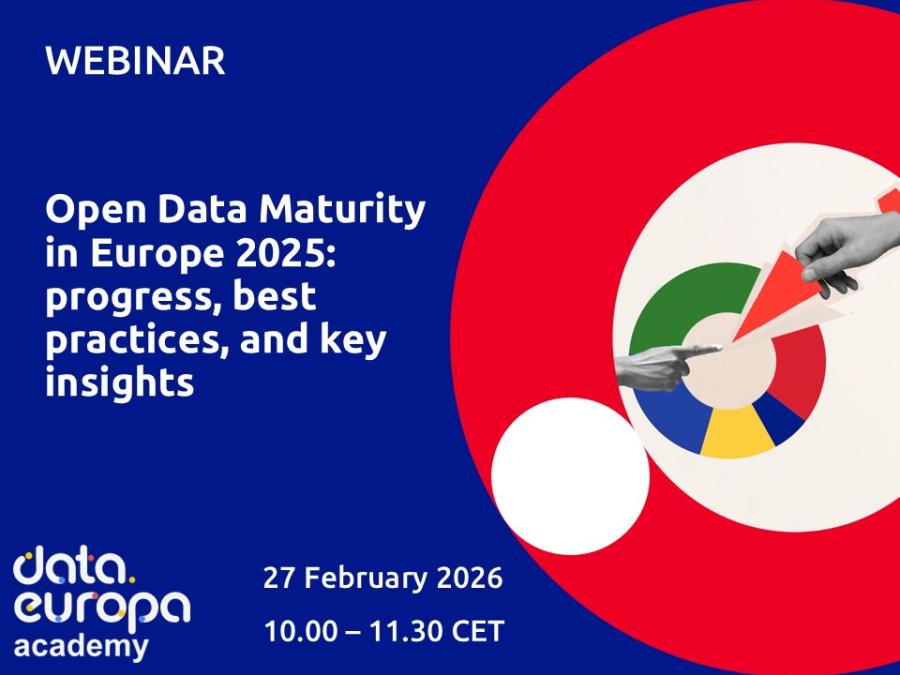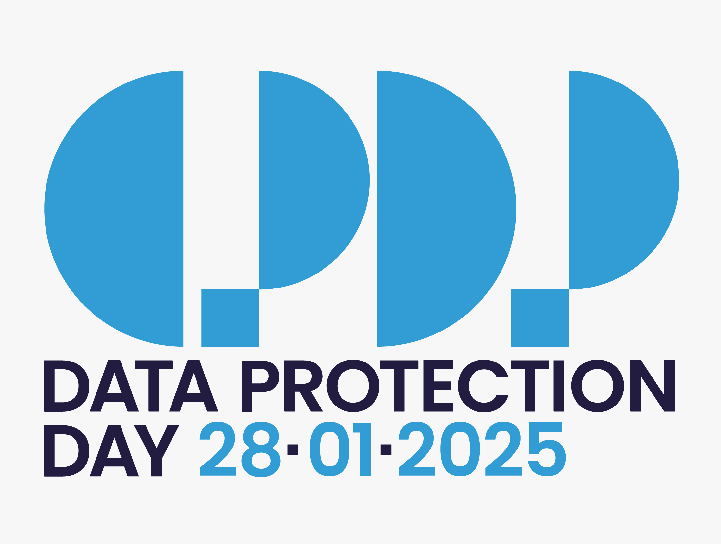Βέλγιο
Ιστολόγια από: Βέλγιο
Skip results of view Country Insight Blogs
Προς το παρόν δεν υπάρχουν άρθρα στο ιστολόγιο
Use cases in: Βέλγιο
Skip results of view Use cases
geoFluxus is an application that connects regional industrial waste producers with respective waste treatment facilities. It is a unique platform that maps, analyses and predicts where, how and which materials can be saved from becoming waste.
geoFluxus is an application that connects regional industrial waste producers with respective waste treatment facilities. It is a unique platform that maps, analyses and predicts where, how and which materials can be saved from becoming waste.
geoFluxus is an application that connects regional industrial waste producers with respective waste treatment facilities. It is a unique platform that maps, analyses and predicts where, how and which materials can be saved from becoming waste.
Εκθέσεις σε: Βέλγιο
Skip results of view Τεκμηρίωση

Study
Data sharing as a service: will data services remove intellectual property rights from the picture, and at what cost?

Λήψη
Εκδηλώσεις ανοικτών δεδομένων σε: Βέλγιο

Do you want to understand what open data maturity really means in practice, and how it is measured across Europe? Are you curious about the key results and trends from the 2025 Open Data...
Προς το παρόν δεν υπάρχουν προσεχείς εκδηλώσεις
Open Data News in: Βέλγιο
Skip results of view Τελευταία νέα για τα Ανοιχτά Δεδομένα





On January 28, 2025, the Council of Europe , CPDP Conferences , and the European Data Protection Supervisor will co-host the CPDP Data Protection Day in Brussels, Belgium. This event celebrates the anniversary of Convention 108 , the first legally binding international treaty dedicated to safeguarding privacy rights in the digital age. Marking its 44th year, the event focuses on the continued importance of data protection in an era of unprecedented technological innovation. The conference will delve into issues related to technology, governance, and privacy, with a focus on the challenges

On Friday 16 February 2024, from 10.00 to 11.30 CET, the data.europa academy hosted the webinar ‘Open data maturity 2023: best practices across Europe‘ which highlighted Slovakia's and Serbia's accomplishments in the field of open data. With nearly 600 registrants, the event underscored the growing interest and commitment to open data across the continent. An expert from data.europa.eu initiated the session by presenting the ODM results , setting the stage for in-depth country analyses. Following this introduction, the narrative shifted to Serbia . In just two years, Serbia demonstrated

On 1 March 2024 , from 10:00 to 11:00 CET , our webinar on "New b usiness m odels for d ata- d riven s ervices" is set to provide fresh insights into the utilisation of open data. Th e event, building on the data.europa.eu discussion paper , aims to explore how public sector information, when made available as open data, can be purposefully re-used to creat e value for both public and private sectors . In recent years, the focus on open data has shifted towards understanding and meeting end-user needs. Th e webinar will examine the potential of open data in Europe, exploring how it can drive

This year marks the fifth anniversary of RescEU, an initiative by the European Commission that has strengthened disaster response mechanisms across Europe. Established to extend the EU Civil Protection Mechanism, RescEU embodies a deep commitment to protecting citizens from diverse disasters and managing emerging risks effectively. Since its launch in 2019, RescEU has served as a robust reserve of European capacities, fully funded by the EU. This includes a fleet of firefighting aircraft, medical evacuation planes, and critical medical supplies and field hospitals, ready to tackle health



